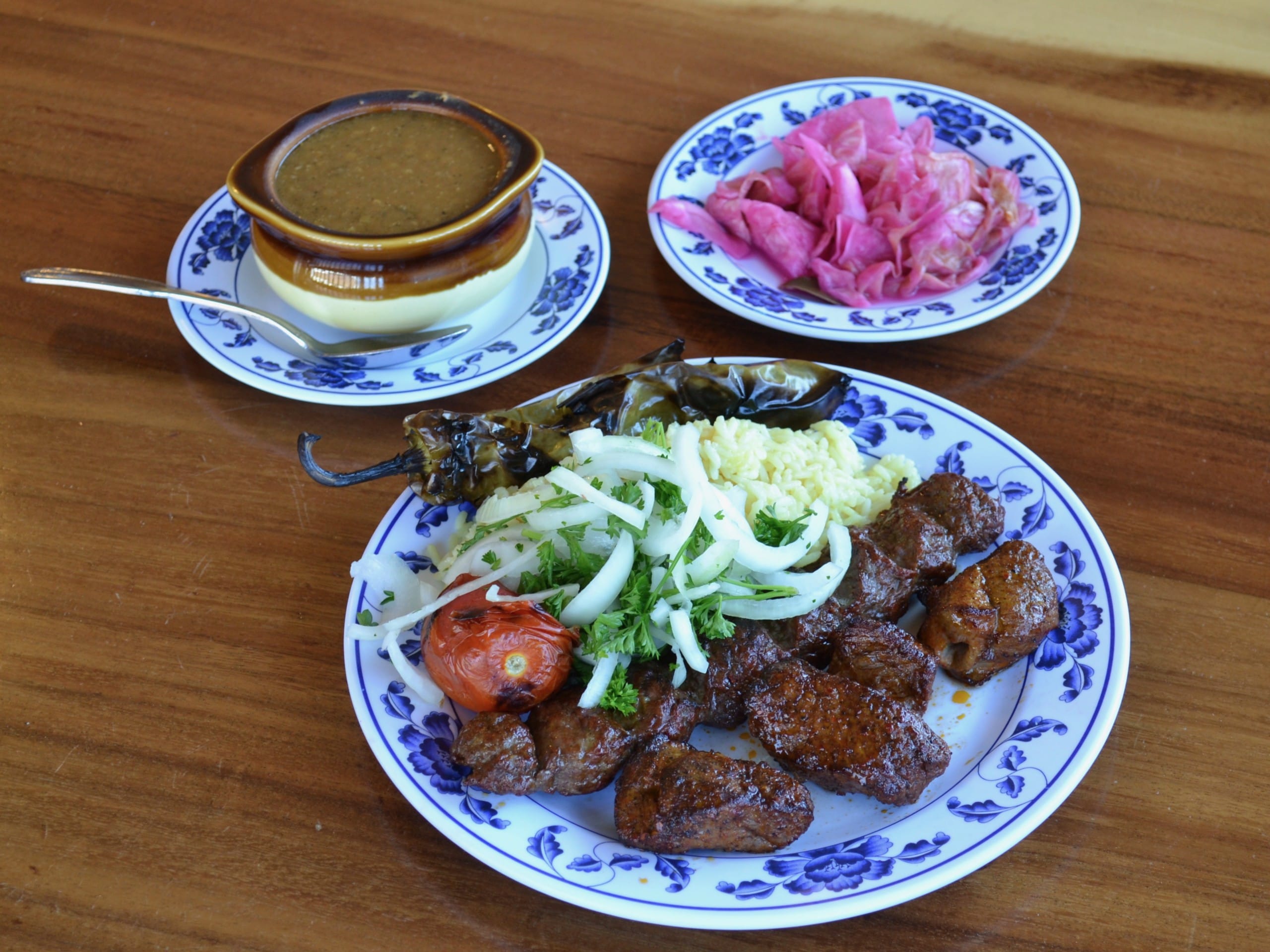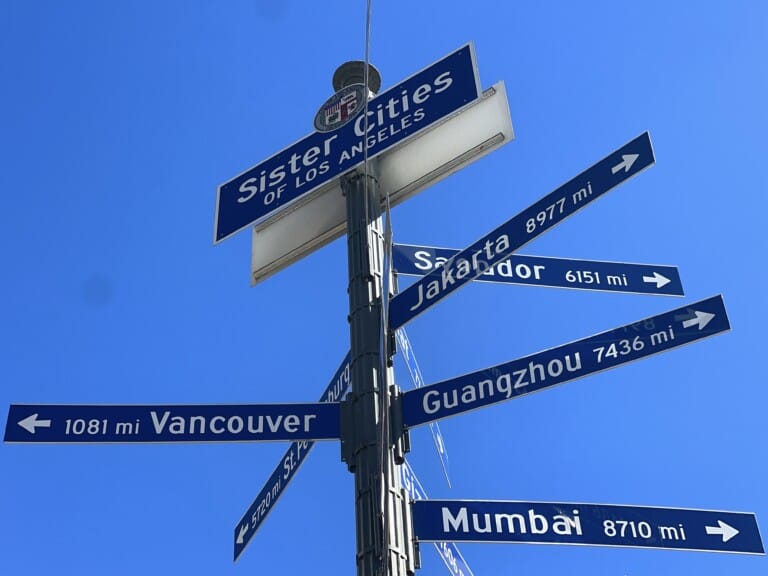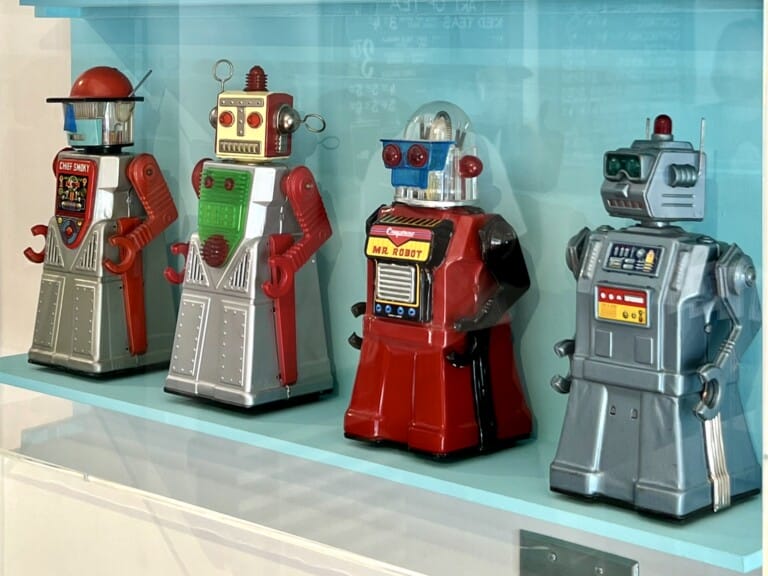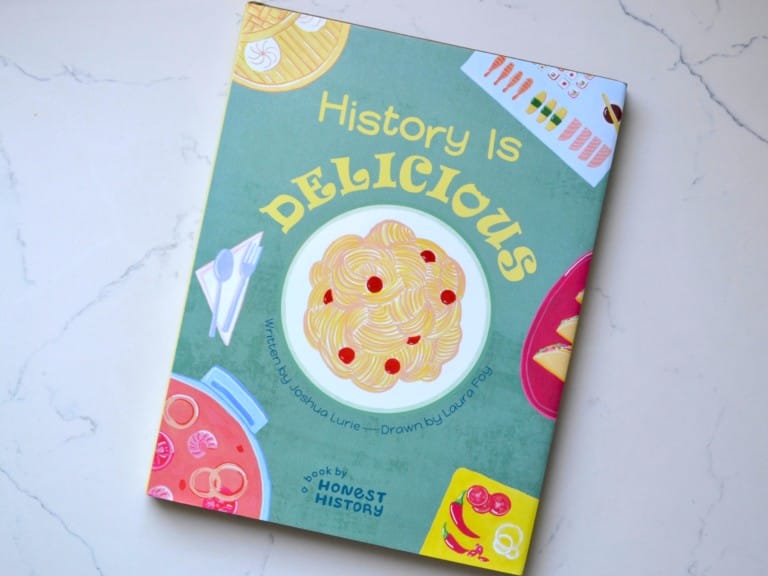Which restaurant closures would hurt you the most? Diners participating in pickup and delivery during the crisis should ask themselves that question when deciding where to order food.
Restaurants currently face devastating limitations due to COVID-19. L.A. bars that don’t serve food haven’t even had pickup and delivery at their disposal. We’re starting to get a clearer picture of what restricted dining will look like during a pandemic. State and local governments are slashing tables and bar stools considerably to maintain social distancing. It will be tougher than ever for operators to break even since they’re saddled with regulations and facing a consumer base with severely depleted (or completely busted) budgets. What are you going to do to help keep them alive?
Start by spending money at places that simply matter more based on personal experiences. Where did you and your wife/husband/partner have your first date? Propose? Celebrate your engagement with friends and family? Have an anniversary or birthday dinner? Not every meaningful restaurant has to be so momentous. Favorite neighborhood spots also deserve extra support during such difficult times. So do coffee bars and bakeries where you’re a regular. Which food and drink businesses truly matter to you?
Conversely, now is not the best time to eat at chain restaurants. That can happen later. Many of these publicly traded companies, especially the ones with drive-throughs, have plenty of cash reserves and stand a better chance of weathering the COVID-19 tidal wave. Hold off for a few months on fast food and get your tacos, chicken fingers and hamburgers at independent and family-run restaurants in the meantime.
If you’re comfortable doing so, pick up breakfast, lunch and/or dinner today. [Restaurants earn more money from pick-up since they don’t have to pay hefty delivery fees.] Delivery is also an option, though not nearly as rewarding for restaurants. If you’re only comfortable with home-cooked food that requires far fewer hands or can’t risk leaving home – or physically can’t escape due to a preexisting condition – there are other ways to support these places before it’s too late. Buy and schedule meals for family members or friends. Purchase gift cards to use after the pandemic passes, which benefit restaurant workers in the interim.
It’s also possible to sponsor meals; restaurants make food for people in need or frontline medical workers through charitable organizations like World Central Kitchen, whose #ChefsForAmerica initiative has helped employ/rehire restaurant workers while serving over 10 million meals. The LEE Initiative is just one more worthy cause, sourcing food from local, sustainable farmers across the U.S. to “reboot” restaurants and feed restaurant workers suffering from unemployment. Dine11 is another multi-city charity that pays chefs and restaurants to feed healthcare heroes during the crisis.
[Many other local organizations are also feeding people in need, including restaurant workers. If you know of any inspiring groups that accept charitable donations, please share in Comments below.]
Even in boom times, the majority of restaurants closed within five years, many long before that. I’ve covered the food world professionally for over 15 years and have tallied countless losses. Now that we’re living under the pandemic’s ever-creeping shadow, prospects are infinitely more grim for restaurateurs and employees. COVID-19 is a cataclysmic restaurant event. Many of your favorite places likely won’t survive. Act decisively, and these beloved businesses may stand a better chance.









Leave a Comment